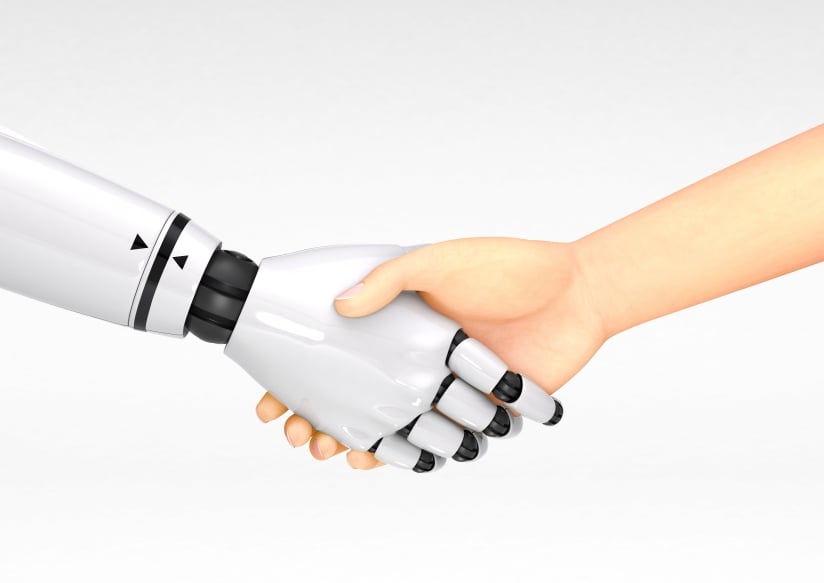Don’t panic about robots taking HR’s work away just yet.
The “human” aspect of human resources will always be needed – though the role is increasingly shifting towards specialization and business growth.
“HR is becoming almost like human resource engineers,” says Bryan Peña, senior vice president of contingent workforce strategies at US-based Staffing Industry Analysts.
“The job of an engineer is to innovate and create using different materials, create a new way to solve a problem. And I think there's a real opportunity for human resources to be able to do that.”
HR professionals should be asking how they can create a competitive advantage for their business, and what role talent plays in that.
“[They] are going to have to be much more strategic, much more well-versed on technology, have a deeper understanding of human nature, and be able to think creatively to solve business problems, which requires a very deep understanding of all the tools that are available, and also the challenges that the business is confronting.”
Henry Goldbeck, who’s been a recruiter for 20 years, sees Canadian companies increasingly seeking HR professionals who are experts in a particular industry.
“If they’ve worked in the construction industry, if they’ve worked in manufacturing, have they worked with a multi-ethnic workforce, a union ... have they recruited project managers”.
The ability to implement processes and strategies that will grow a business will be a crucial part of the role in future, he says.
“Often, they’ll say ‘we need someone who’s done management coaching and succession planning’ as well as the generalist role, or they have to have done safety and recruiting as well.”
Meanwhile, Peña wouldn’t be surprised if more HR professionals came from math or science backgrounds in future, as well as rising from line management roles.
And though in-house HR departments may shrink as companies increasingly turn to software for identifying talent, onboarding, and other processes, there are some roles a computer simply can’t replace.
“It’s going to be harder to find the good candidates, because one of the challenges with technology is that the ability to differentiate is that much less,” Peña says.
“There's always going to be a need for a human being to talk to another human being.”
Related stories:
CEOs open up about job automation
Global firm to retrain workers ousted by robots

